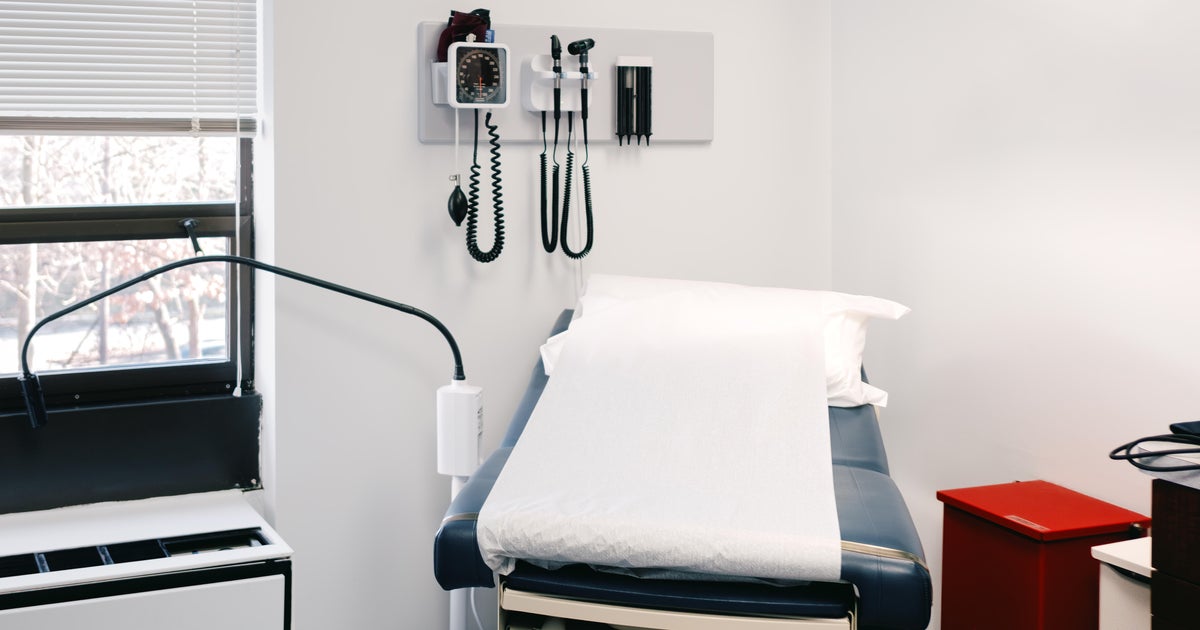Docs Get Creative Treating New Superbug
MIAMI (CBS4/AP) - A superbug named C-diff is reportedly on the rise and is increasingly resistant to even the strongest antibiotics out there. The disease impacts the intestines and can be debilitating to those who suffer from the disease.
C-diff stands for Clostridum difficile and has become a menace, primarily in the nation's hospitals. It can cause stomach problems, but older adults, especially those weakened by other illnesses can develop a more severe condition from C-diff called colitis.
Government estimates show the C-diff may be responsible for as many as 15,000 deaths in the United States per year.
But, a growing number of doctors are trying a last-ditch treatment that has quite a yuck factor to it. Doctors are using good bacteria to fight off C-diff by transplanting stool from a healthy person into the sick patient's colon.
"This is the ultimate probiotic," says Dr. Lawrence Brandt of New York's Montefiore Medical Center, who has performed 17 of the procedures.
Fecal transplants aren't new – the first was reported in 1958, and they've been performed occasionally ever since. But of 170 cases described in medical journals since then, about a third were published this year.
The transplanted material can reportedly cause the normal bacteria in the sick patient's colon to mirror the donor's bacteria.
So how is the transplant done? There's no one method. Doctors initiate a series of tests to make sure the donor doesn't have diseases such as hepatitis or HIV, or intestinal parasites. Then the donor, usually a close relative, brings in a fresh stool sample that Brandt liquefies and essentially drips into the patient's colon during a routine colonoscopy.
But there's a catch: Fecal transplants haven't been studied in the way that science requires to prove they work – by comparing similar patients given either a transplant or more intense antibiotics.
(© 2010 CBS Broadcasting Inc. All Rights Reserved. This material may not be published, broadcast, rewritten, or redistributed. The Associated Press contributed to this report.)







